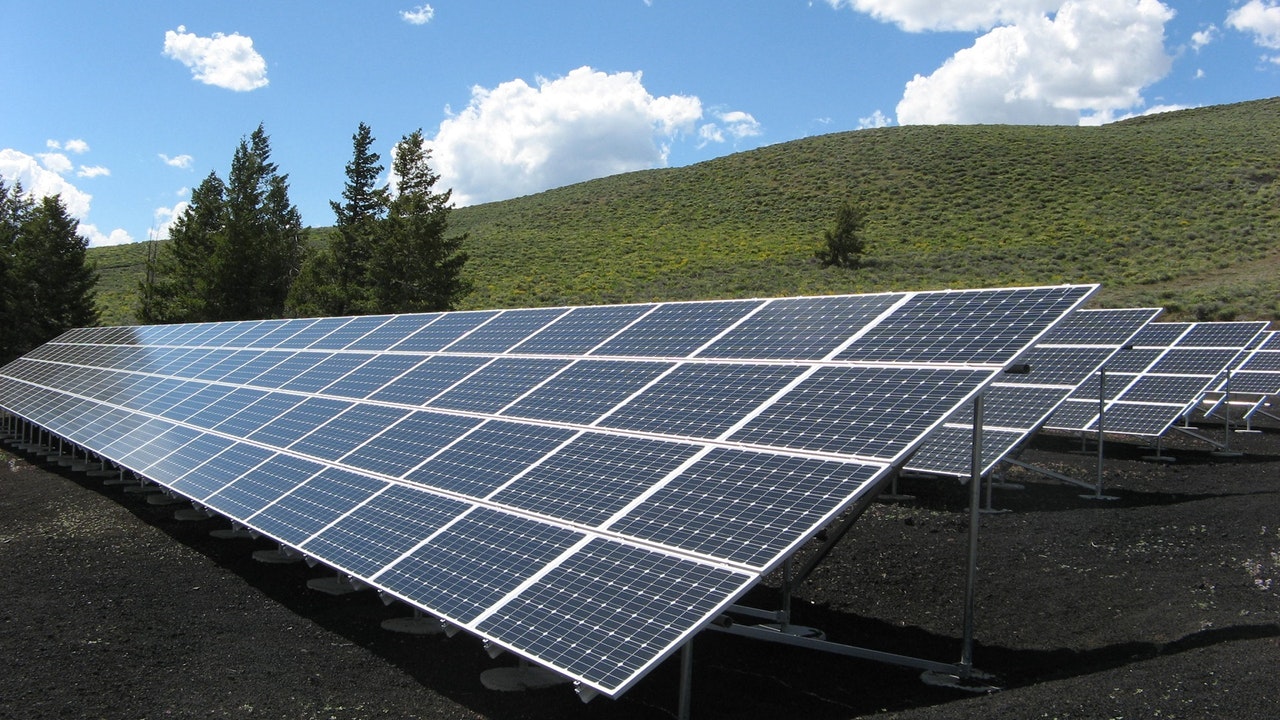Solar Tax Credit Update

Hello Renewable Energy Enthusiasts-
I thought I would take this opportunity to briefly summarize the upcoming Federal Investment Tax Credit (ITC) restructuring at the end of 2019 and beyond. Currently, both residential and commercial (utility scale) solar electric and solar water heating projects can qualify for a 30% ITC on the total installed system cost if completed (residential) or started (commercial) prior to 2020.
A tax credit is a dollar-for-dollar reduction in the income taxes that a person (or company) would otherwise pay the federal government. For example, a solar electric (PV) system installed cost is $20,000. Then the 2019 ITC is $20,000 x 0.3 = $6,000. NOTE: The appropriate ITC associated with qualifying energy storage (batteries) will be discussed in a separate post.
Starting in 2020 it decreases to 26%. The same PV system described above would have an ITC of $20,000 x 0.26 = $5,200 or $800 less. In 2021, it decreases again to 22%. $20,000 x 0.22 = $4,400. In 2022, the residential ITC goes away, but the business ITC remains at 10% going forward.
The commercial (utility scale) solar projects have different requirements to lock-in the taxpayer ITC: (1) The Physical Work Test-PWT; or (2) 5% Safe Harbor. The PWT requires the tax payer to begin work of a significant nature. There is NO specified amount of work, money or % completion threshold required. Both on-site (installation) and off-site (part manufacturing) work may be taken into account.
The Safe Harbor provision applies when the taxpayer incurs at least 5% of the energy property cost; and can demonstrate continuous progress toward project completion (i.e. placed in service by the end of the fourth calendar year following the calendar year in which construction began-Whoa!).
Is a bright solar (investment) future looming over the horizon? Well just maybe.
Currently, there are two bills in Congress that would extend the 30% tax credit for five more years! (HR3961* and S2289*). After the elections, there should be more clarity about the fate of these important and on-going legislative efforts.
*www.congress.gov*